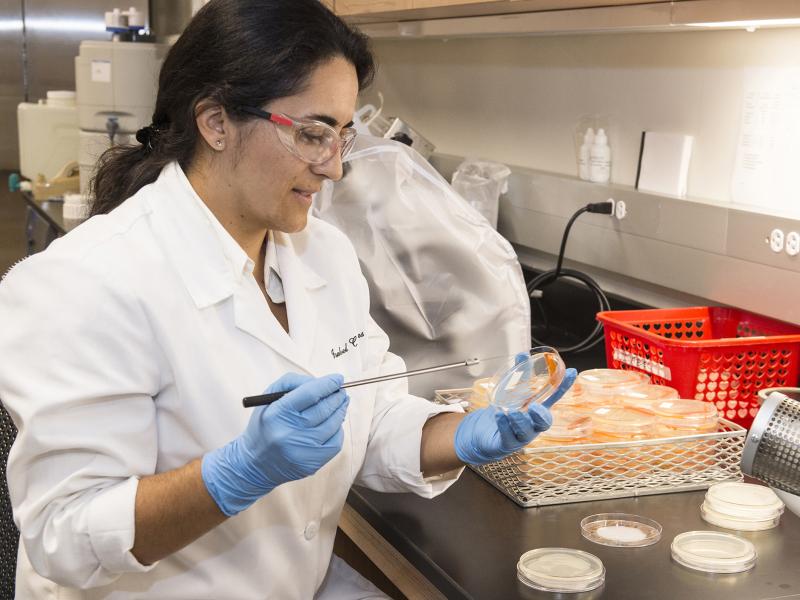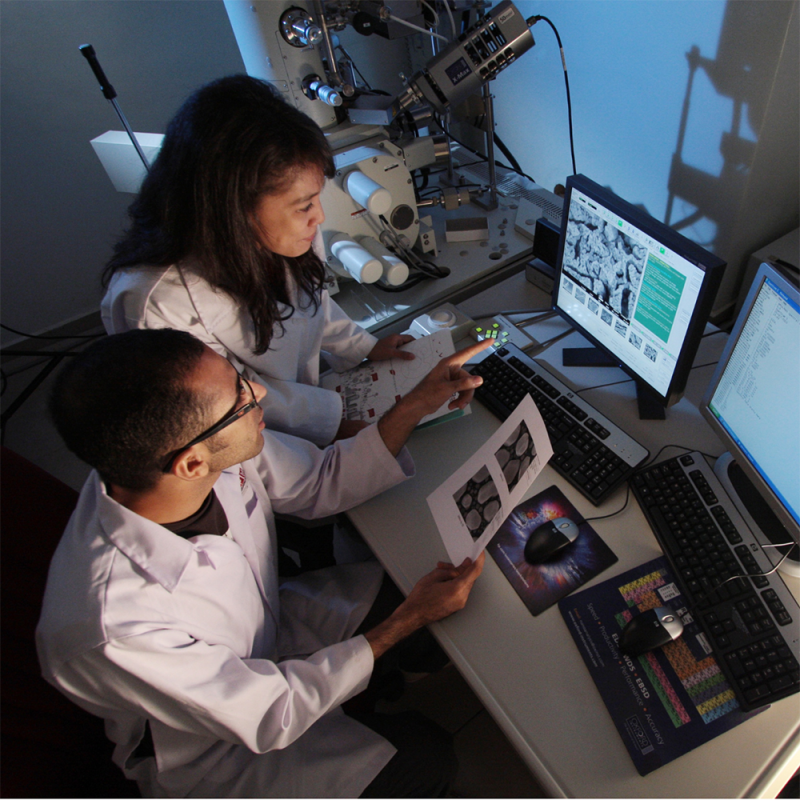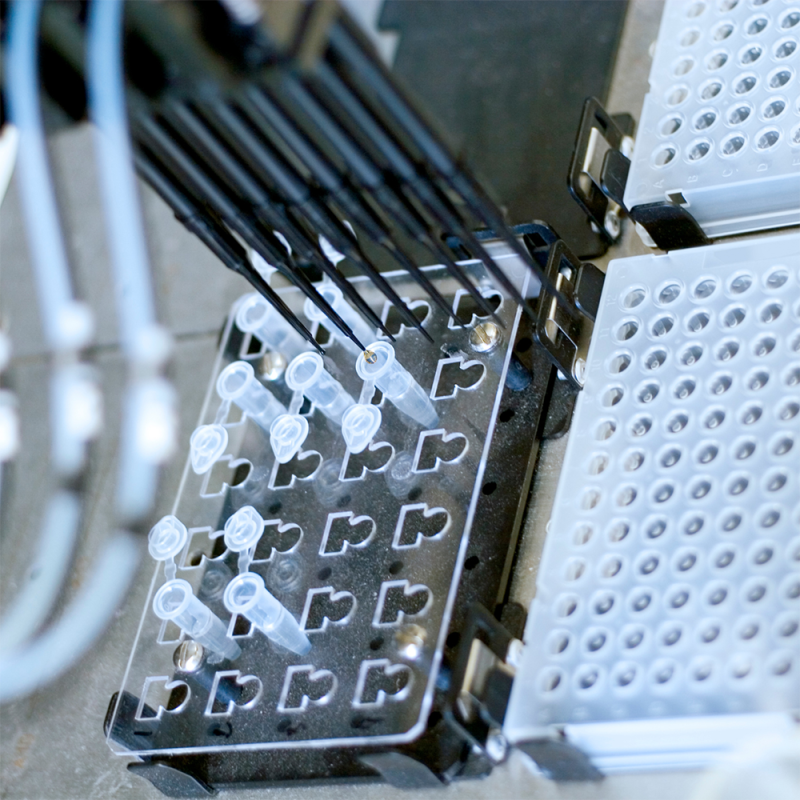Biomedical Equipment Technology
Build and Repair the medical equipment utilized in hospitals and other healthcare environments.
-
Program Duration: 2 Year Program
-
Degree Type: Associate in Applied Science (A.A.S.)
-
Total Credit Hours: 70

About This Program
The Biomedical Equipment Technology Program prepares students to repair and maintain medical equipment utilized in hospitals and other healthcare environments. The program will be of particular interest to students who want to work in the healthcare arena but are more interested in working with medical technology and supporting the healthcare providers who utilize the equipment than in providing direct patient care. The program is intended to provide students with direct entry to the work environment, and students are expected to find employment in hospitals, with third-party organizations that hospitals may contract with for healthcare technology management services, and with medical device manufacturers who need to provide technical support to their customers. Additional employment opportunities may be found at dialysis centers, medical equipment rental companies, etc.
Transfer Opportunities

Launch Your Career in Biomedical Equipment Technology
- Medical Equipment Repairers – est. salary $68,705
Career Outlook
Median Salary of an Medical Equipment Repairers
Number of Jobs in the Region
10-year Job Outlook in the Region for Medical Equipment Repairers
Medical Equipment Repair
Inspect and test malfunctioning medical or related equipment, following manufacturers' specifications and using test and analysis instruments.
Starting Pay: $44,987

Typical Tasks
- Test or calibrate components or equipment, following manufacturers' manuals and troubleshooting techniques, using hand tools, power tools, or measuring devices.
- Keep records of maintenance, repair, and required updates of equipment.
- Perform preventive maintenance or service, such as cleaning, lubricating, or adjusting equipment.
- Test, evaluate, and classify excess or in-use medical equipment and determine serviceability, condition, and disposition, in accordance with regulations.
- Examine medical equipment or facility's structural environment and check for proper use of equipment to protect patients and staff from electrical or mechanical hazards and to ensure compliance with safety regulations.
Prepared for Success
Let's Get Started



